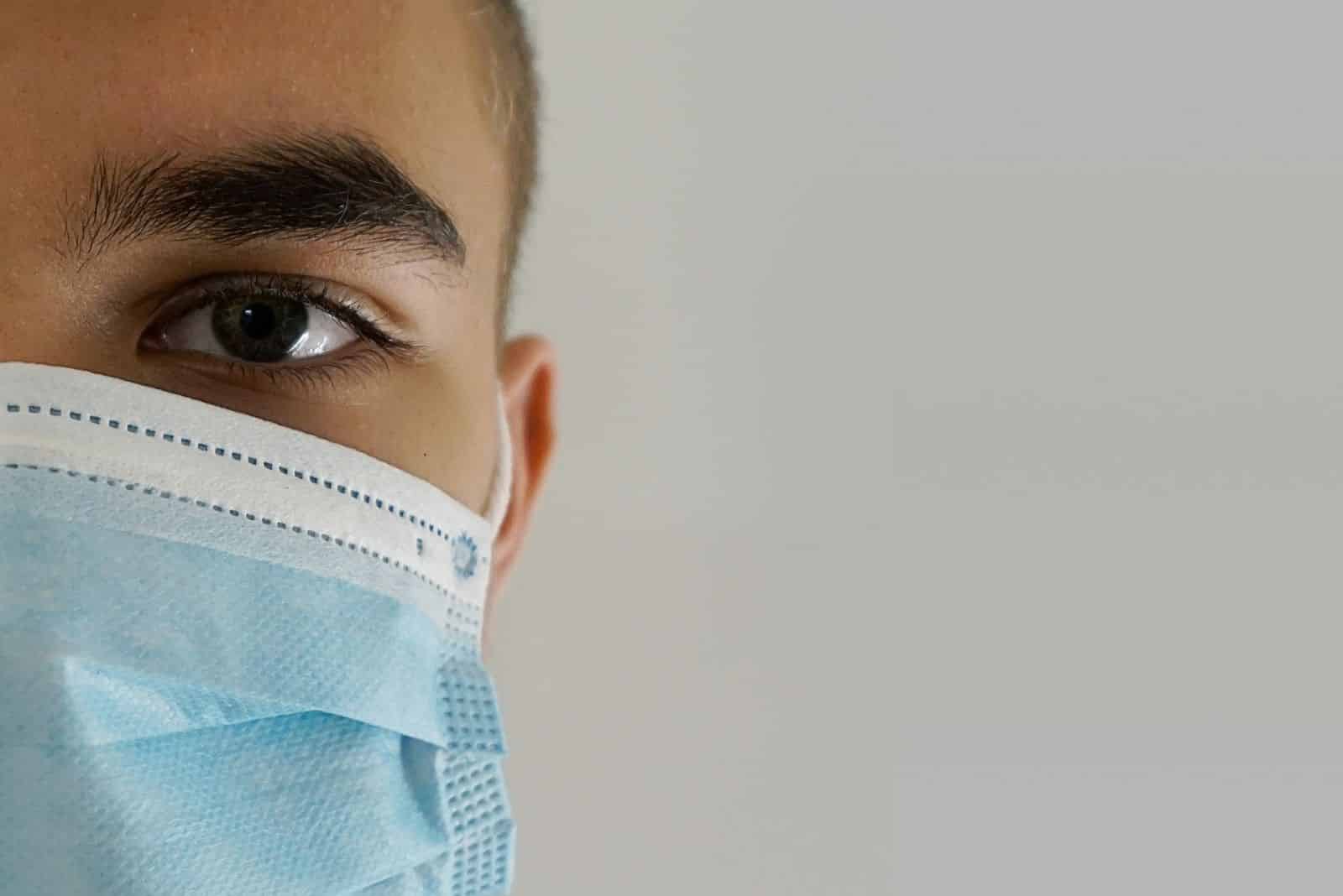International airline body calls for face-masks on flights

Airline body IATA is calling for passengers and crew to wear facemasks on flights, but it isn’t supporting social distancing measures that would leave middle seats empty on aircraft.
IATA said mask-wearing will reduce the ‘already low risk’ of Covid-19 transmission on flights while avoiding the ‘dramatic cost increases’ to air travel that onboard social distancing measures would bring.
IATA director general and CEO Alexandre de Juniac said: "We must arrive at a solution that gives passengers the confidence to fly and keeps the cost of flying affordable. One without the other will have no lasting benefit."
Airlines claim that leaving the middle seat empty on aircraft would reduce load factors to 62%, which is 15 percentage points below the average breakeven point for airlines. If airlines are forced to operate with such reduced loads, air fares will have to increase 33% to 58% for airlines just to break even, said IATA.
In addition to face coverings, it is proposing:
- Temperature screening of passengers, airport workers and travellers
- Boarding and deplaning processes that reduce contact with other passengers or crew
- Limiting movement within the cabin during flight,
- More frequent and deeper cabin cleaning; and
- Simplified catering procedures that lower crew movement and interaction with passengers.
When proven and available at scale, testing for COVID-19 or immunity passports could also be included as temporary biosecurity measures, it said.
IATA claimed that the limited evidence available suggests that the risk of virus transmission onboard aircraft is low even without special measures. It said that an informal study of 18 major airlines identified just three episodes of suspected inflight transmission of Covid-19 from January to March, all from passengers to crew, and a further four cases of pilot to pilot transmission which, claimed IATA, could have occurred before or after the flights.
It claims possible reasons why transmission appears to be low onboard aircraft include:
- Passengers face forward with limited face-to-face interactions
- Seats provide a barrier to transmission forward to aft in the cabin
- Air flow from ceiling to floor further reduces the potential for transmission forward or aft in the cabin, moreover, air flow rates are high and not conducive to droplet spread in the same way as in other indoor environments
- High Efficiency Particulate Air (HEPA) filters on modern aircraft clean cabin air to operating [hospital] theatre quality, further assisted by high levels of fresh air circulation.
IATA claimed that leaving the middle seat empty on aircraft won’t provide the recommended separation for social distancing to be effective. The UK Government is recommending passengers remain two metres apart but the average seat width is less than 50 cm.
"The cabin environment naturally makes transmission of viruses difficult for a variety of reasons. That helps explain why we have seen little evidence of onboard transmission. In the immediate term, our aim is to make the cabin environment even safer with effective measures so that passengers and crew can return to travel with confidence. Screening, face coverings and masks are among the many layers of measures that we are recommending. Leaving the middle seat empty, however, is not," said de Juniac.
"We need a vaccine, an immunity passport or an effective COVID-19 test that can be administered at scale. Work on all of these is promising. But none will be realised before we will need to re-start the industry. That’s why we must be ready with a series of proven measures, the combination of which will reduce the already low risk of inflight transmission. And we must be careful not to hard-wire any solution so we can be quick in adopting more efficient measures as they will undoubtedly become available," he added.
"Airlines are fighting for their survival. Eliminating the middle seat will raise costs. If that can be offset that with higher fares, the era of affordable travel will come to an end. On the other hand, if airlines can’t recoup the costs in higher fares, airlines will go bust. Neither is a good option when the world will need strong connectivity to help kick-start the recovery from COVID-19’s economic devastation."
 United Kingdom
United Kingdom United States
United States Asia Pacific
Asia Pacific












































Dozens fall ill in P&O Cruises ship outbreak
Turkish Airlines flight in emergency landing after pilot dies
Boy falls to death on cruise ship
Unexpected wave rocks cruise ship
Woman dies after going overboard in English Channel